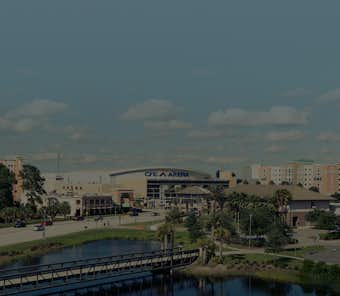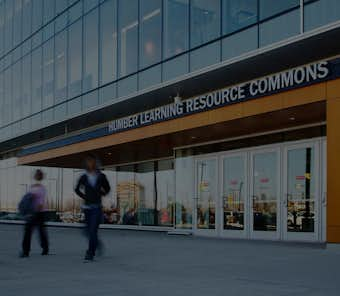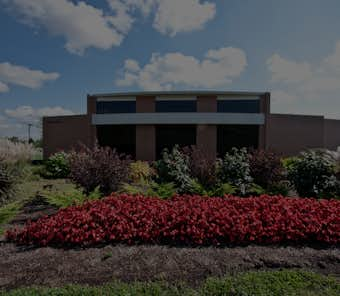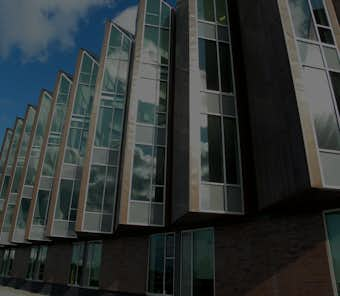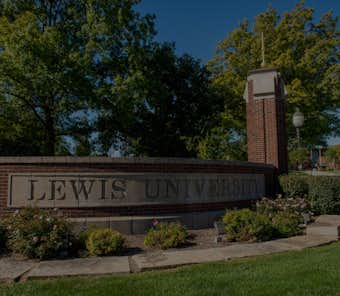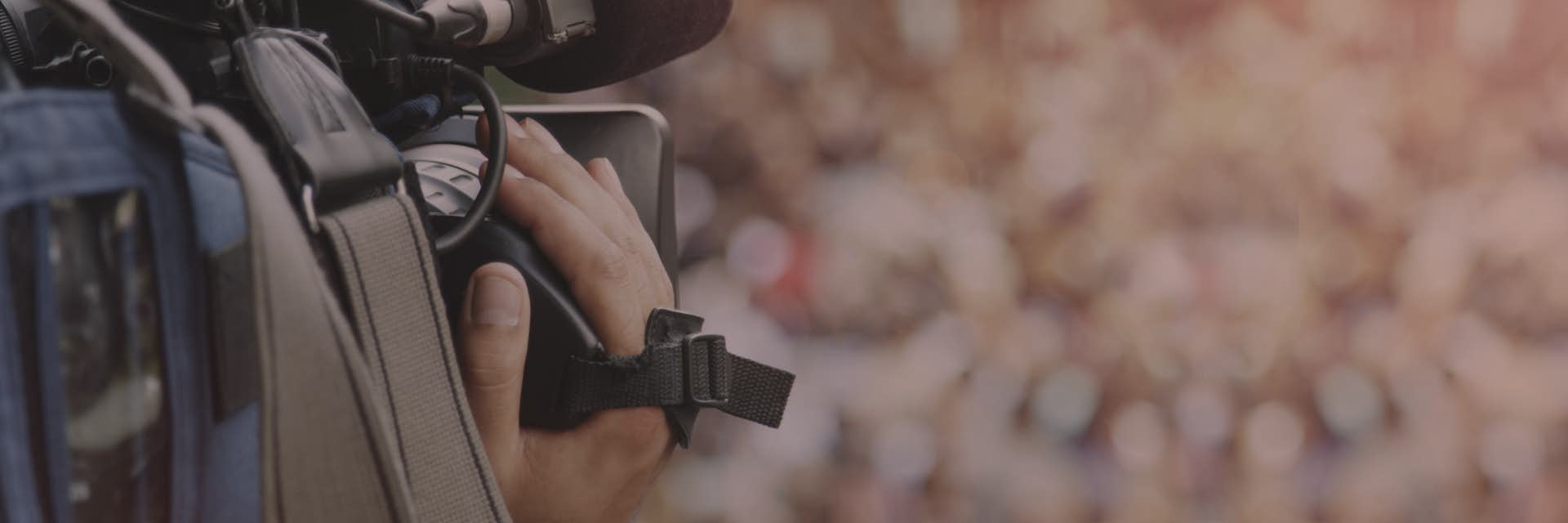
Study radio abroad
Find programs that match your eligibility and aspirations then apply with reduced application fees, a free assessment and access to a dedicated advisor.
Find your perfect radio programs abroad
Find radio programs you love that match your needs & aspirations, where you stand a high chance of acceptance.
-

Master's programs in
radioNo programs listed
-

PhD programs in
radioNo programs listed
Radio degrees abroad
Radio is a sub-discipline of media studies and broadcasting. It’s a subject that prepares students with the theoretical knowledge and practical expertise that they’ll need to achieve success in the radio industry.
As a radio student, you’ll study several genres of radio content and develop skills in producing, editing, reporting, interviewing, and copywriting. You’ll also examine how radio has been used as a vehicle for communication and expression throughout various historical and cultural contexts.
Radio has been transformed in recent decades thanks to the digital revolution and globalization. You can now listen to local radio from almost anywhere in the world, download international podcasts, and stream audio using only wifi. By studying abroad, you’ll see how radio is produced and consumed through a global lens, giving you a more detailed understanding of the subject.

Why use Studee?
-
Find your ideal program
Filter 10,000s of programs down to a shortlist perfect for you, where you have a strong chance of getting admitted
-
Apply online via Studee
Complete our application form and enjoy reduced application fees and access to unique Studee scholarships for many universities
-
We assess within 48hrs
We complete an 85-point assessment within 2 business days, help you with improvements then submit to your university
-
University offer in 2-4 weeks
We chase the university for your admission decision and keep you updated. We all celebrate your admission!
All our services are 100% free as we're funded by universities. You pay deposits and tuition fees directly to the university.

Radio program structure
You can study radio at various undergraduate and graduate levels. An associate degree typically requires two years of study and will introduce you to the fundamentals of radio.
A bachelor’s degree takes at least three years to complete, but many universities will offer you the opportunity to spend an additional placement year with a media company during your studies. A BA will equip you for most entry-level positions in the radio industry.
If you’re interested in gaining postgraduate qualifications, you could pursue a master’s degree over one or two years, followed by a PhD which takes about five years to complete.
Although radio is a stand-alone subject, it can be read alongside other related programs as part of a joint-honors course. Popular subject pairings include broadcasting, television, film, and media studies.
Teaching on radio degrees is both theoretical and practical. You’ll have lectures, seminars, and tutorials where you’ll discuss key concepts, research, and theories, but you’ll also have hands-on workshops in industry-standard studios. Some universities regularly welcome radio professionals to deliver guest talks about careers in the field.
You’ll be assessed through a combination of exams, essays, submissions of audio work, as well as your production of live radio programs.
The exact content and structure of your radio program will depend on your university, the country you choose to study in, and the elective modules you select. However, core topics that you’ll find on most courses around the world include:
- Radio production and editing skills
- The history of radio
- Announcing and interviewing practices
- Writing for radio
- Podcasting
- Voice coaching
- Media law
- Radio advertising
Best countries to study radio
Radio study abroad programs
Radio undergraduate programs
Bachelor's in radio
-
Digital Communications and Mass Media: Radio, TV and Digital Broadcasting Media - BA University of Nicosia, Cyprus
- Program type
- Bachelor's
- Duration
- 4 years
- Annual tuition fee
-
9,300 EUR
Fees are displayed in the university's local currency
- Start date
- June, September, February
-

Media Studies: Radio and Television Production - BS Mercy University, USA
- Program type
- Bachelor's
- Duration
- 4 years
- Annual tuition fee
-
21,224 USD
Fees are displayed in the university's local currency
- Start date
- September, January
-
Radio / Television - BA University of Central Florida, USA
- Program type
- Bachelor's
- Duration
- 4 years
- Annual tuition fee
-
22,468 USD
Fees are displayed in the university's local currency
- Start date
- January, May
-

Communication: Radio and TV Broadcasting - BA (with foundation) Lewis University, USA
- Program type
- Bachelor's
- Duration
- 50 months
- Annual tuition fee
-
39,400 USD
Fees are displayed in the university's local currency
- Start date
- August, January
-

Radio and Audio Media - BCS Auckland University of Technology, New Zealand
- Program type
- Bachelor's
- Duration
- 3 years
- Annual tuition fee
-
30,263 NZD
Fees are displayed in the university's local currency
- Start date
- July, February
Associate in radio
-

Radio & TV Broadcasting: Sports - ASc Miami Media School, USA
- Program type
- Associate
- Duration
- 8 months
- Annual tuition fee
-
25,445 USD
Fees are displayed in the university's local currency
- Start date
- August, September, October, November, December, January, February, March, April, May, June, July
-

Radio/TV Broadcasting - AASc Lake Land College, USA
- Program type
- Associate
- Duration
- 2 years
- Annual tuition fee
-
13,900 USD
Fees are displayed in the university's local currency
- Start date
- June, August, January
Diploma in radio
-

Broadcasting: Radio - OCDip Seneca College of Applied Arts and Technology, Canada
- Program type
- Undergraduate diploma
- Duration
- 2 years
- Annual tuition fee
-
17,701 CAD
Fees are displayed in the university's local currency
- Start date
- September
-
Broadcasting: Radio - UGDip Humber College Institute of Technology and Advanced Learning, Canada
- Program type
- Undergraduate diploma
- Duration
- 2 years
- Annual tuition fee
-
18,058 CAD
Fees are displayed in the university's local currency
- Start date
- September
-

Broadcasting: Radio & Creative Content - OCDip Mohawk College, Canada
- Program type
- Undergraduate diploma
- Duration
- 2 years
- Annual tuition fee
-
17,535 CAD
Fees are displayed in the university's local currency
- Start date
- September
-

Radio, Television and Broadcast News: Radio - Dip Southern Alberta Institute of Technology, Canada
- Program type
- Undergraduate diploma
- Duration
- 2 years
- Annual tuition fee
-
21,696 CAD
Fees are displayed in the university's local currency
- Start date
- September
Certificate in radio
-

Radio Broadcasting - Cert Lake Land College, USA
- Program type
- Undergraduate certificate
- Duration
- 1 year
- Annual tuition fee
-
13,900 USD
Fees are displayed in the university's local currency
- Start date
- June, August, January
Radio graduate programs
Certificate in radio
-
Broadcasting - Film, Television, Digital Media and Radio - OCGCert Centennial College, Canada
- Program type
- Postgraduate certificate
- Duration
- 3 years
- Annual tuition fee
-
17,423 CAD
Fees are displayed in the university's local currency
- Start date
- September
-
Radio and Media Production - PGCert Humber College Institute of Technology and Advanced Learning, Canada
- Program type
- Postgraduate certificate
- Duration
- 1 year
- Annual tuition fee
-
20,545 CAD
Fees are displayed in the university's local currency
- Start date
- September
Future radio careers
Thanks to your degree, you’ll be prepared to excel in many roles in the radio and media industry. Your knowledge, skills, and enthusiasm will help you to pursue any of the following careers:
- Radio presenter
- Radio producer
- Radio technician
- Media researcher
- Radio writer
- Radio advertising manager
- Media buyer
- Broadcast journalist
Radio and media is a popular career choice amongst graduates, so competition for employment can be high. Joining your university’s media society, contributing to the student-led radio station, and taking on work experience at local stations will help you to gather hands-on industry experience and boost your employability.






